When it comes to swimming pools, many homeowners are faced with deciding whether to invest in an inground pool or an above-ground pool. While inground pools may have a more permanent and sophisticated look, above-ground pools offer some unique advantages that make them a popular choice among homeowners.
One of the biggest concerns for homeowners considering an above-ground pool in the ground is its permanence. Are above-ground pools really permanent? Or are they just a temporary installation that will need to be taken down eventually?
The truth is that ground pools can be either permanent or temporary, depending on various factors. Let’s delve deeper into the subject and explore the factors determining the permanence of above-ground pools.
Quality and Durability
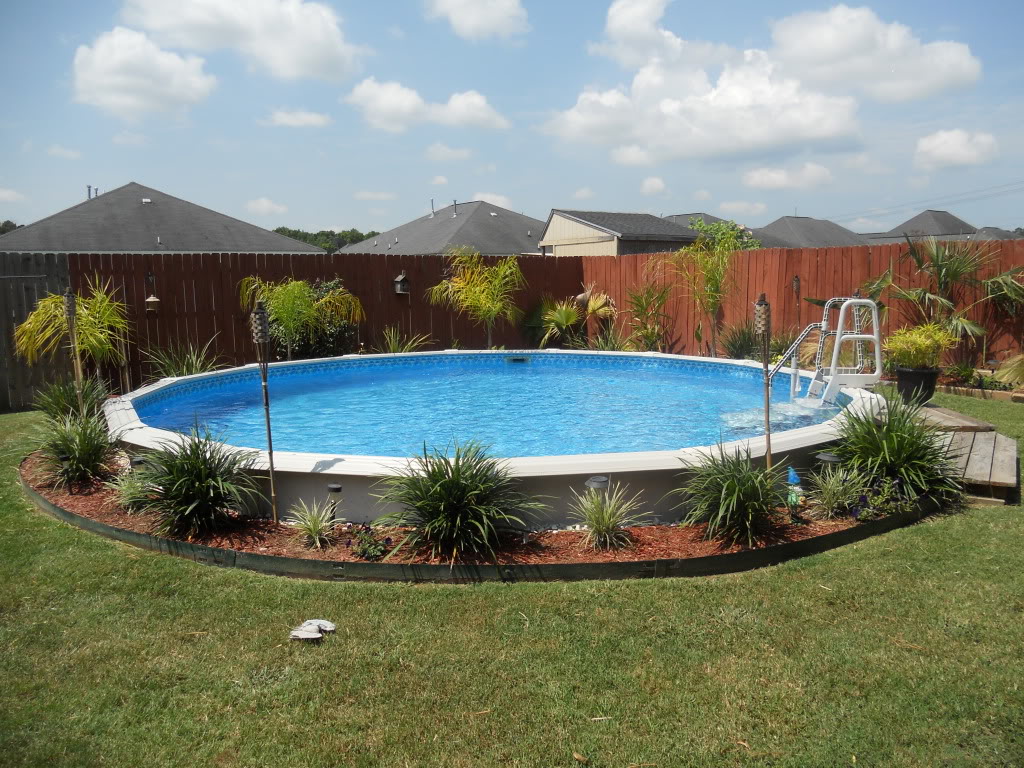
The first factor that determines the permanence of an above-ground pool is its quality and durability. High-quality above-ground pools are designed to withstand the test of time and are built to last for several years. They are made from materials such as resin, steel, or aluminum, which are resistant to rust, corrosion, and other forms of deterioration.
These high-quality above-ground pools are often referred to as semi-permanent pools. While they can be dismantled and moved if needed, they are typically built to be a long-term installation. They are often more expensive than temporary above-ground pools due to their superior build quality and longevity.
On the other hand, temporary above-ground pools are often made from less durable materials such as vinyl or plastic. These pools are typically designed to be used for just a few seasons and are easily disassembled and stored during the off-season. Temporary above-ground pools are more affordable but may not last as long as their high-quality counterparts.
Installation Method
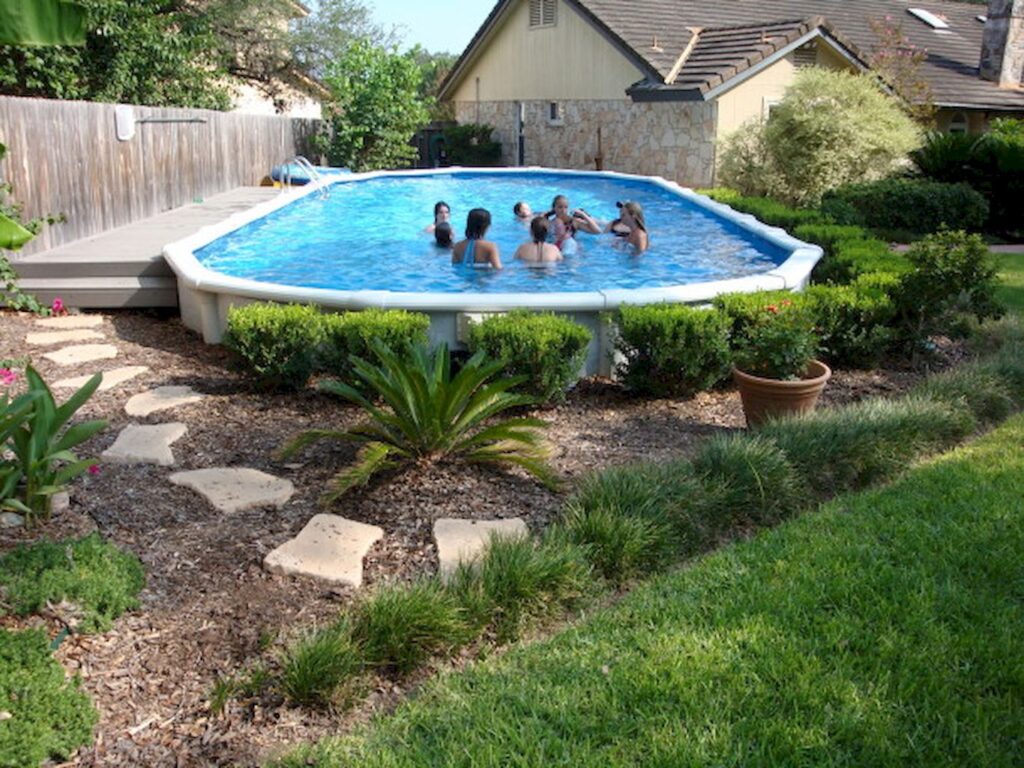
Another factor that determines the permanence of above-ground pools is the installation method. Above-ground pools can either be installed by professionals or as a DIY project by homeowners themselves.
Professionally installed above-ground pools are typically more permanent. They are often installed using a variety of techniques, such as excavation, ground leveling, and the creation of a solid foundation. These installations are designed to be more secure and long-lasting.
On the other hand, DIY above-ground pool installations may be less permanent. Homeowners who choose to install their pools themselves often opt for simpler and less time-consuming methods. This can include using sand or gravel as a base, which may not provide the same level of stability and longevity as a professionally installed pool.
Additionally, DIY above-ground pool installations may not have the same level of structural integrity as professionally installed pools. Without the expertise and knowledge of a professional, there is a higher risk of improper installation and potential damage to the pool over time.
It is important for homeowners to carefully consider their options and weigh the benefits of a professionally installed pool versus a DIY installation. Ultimately, the choice will depend on the homeowner’s budget, time constraints, and desired level of quality and longevity for their pool.
Maintenance and Care
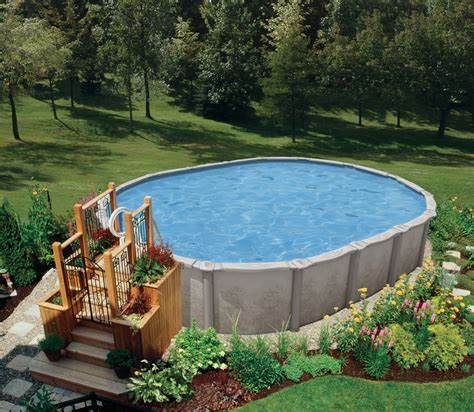
The maintenance and care provided to an above-ground pool also play a role in its permanence. Regular maintenance, such as cleaning, chemical balancing, and winterizing, can significantly extend the lifespan of an above-ground pool.
High-quality above-ground pools are often equipped with features such as corrosion-resistant coatings and durable liners, which contribute to their longevity. Additionally, proper usage and care of the pool, such as avoiding sharp objects and not overloading it with excessive weight, can help maintain its structural integrity.
Furthermore, regular inspections and prompt repairs of any damages or leaks can prevent further issues and ensure the pool remains in good condition. Investing in a pool cover when it is not in use can also protect it from debris, harsh weather conditions, and UV rays, further prolonging its lifespan. Ultimately, by following these maintenance and care practices, owners can enjoy their above-ground pool for many years to come.
Climate and Environmental Factors
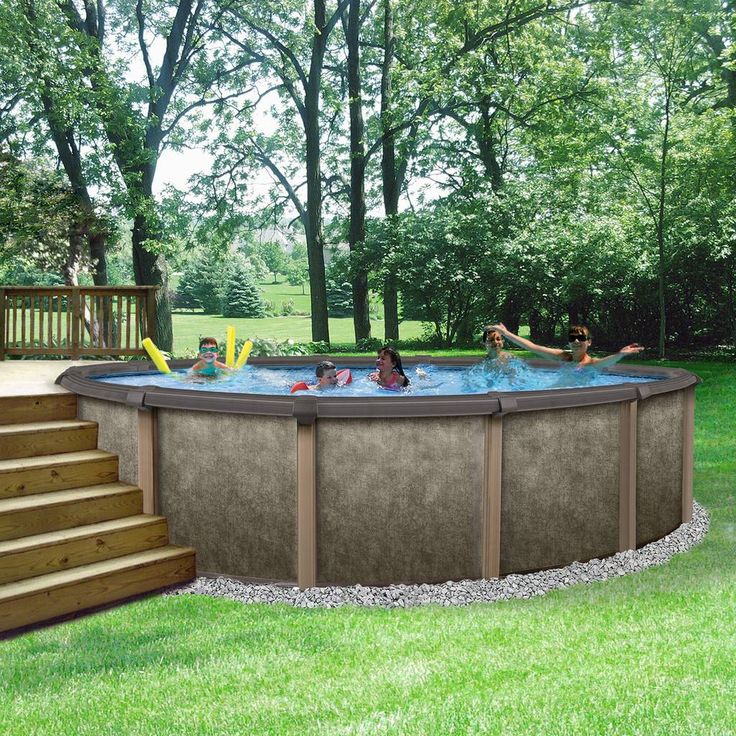
Lastly, the climate and environmental factors in the pool’s location can affect its permanence. Above-ground pools located in areas with harsh climates, such as extreme heat, freezing temperatures, or high winds, may experience more wear and tear over time.
Proper protection from the elements, such as using winter covers, can help preserve the pool’s condition. However, in some cases, homeowners may choose to take down and store their above-ground pools during the off-season to avoid potential damage caused by extreme weather conditions.
This can be a time-consuming process, as it involves draining the pool, disassembling the structure, and finding a suitable storage space. However, by taking these precautions, homeowners can prolong the lifespan of their above-ground pools and ensure that they can enjoy them for many years to come. Additionally, the pool’s location can also affect its permanence in terms of convenience and accessibility.
Conclusion
In conclusion, above-ground pools can be either permanent or temporary, depending on the quality, installation method, maintenance, and environmental factors. High-quality above-ground pools are often considered semi-permanent installations lasting for several years, while temporary above-ground pools are designed for shorter-term use.
Ultimately, the permanence of an above-ground pool is a personal choice and will vary depending on individual preferences, budget, and circumstances. Regardless of its longevity, an above-ground pool can provide hours of fun and enjoyment for you and your family. So, whether you choose a permanent or temporary above-ground pool, make sure to make the most of your swimming season.

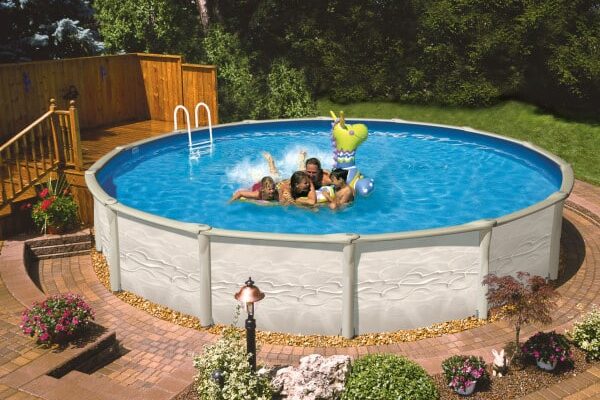
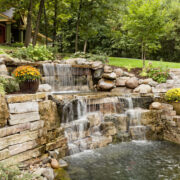
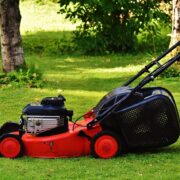
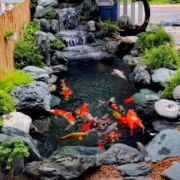
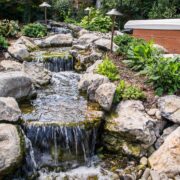
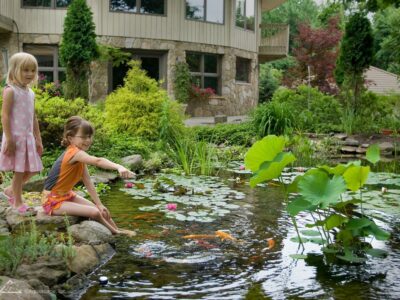
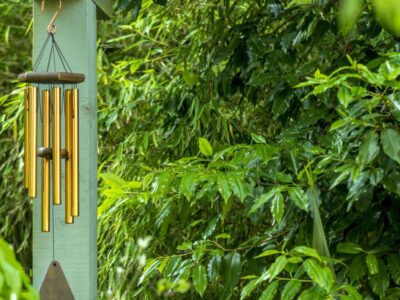
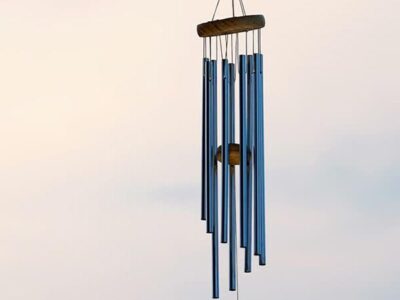

Comments